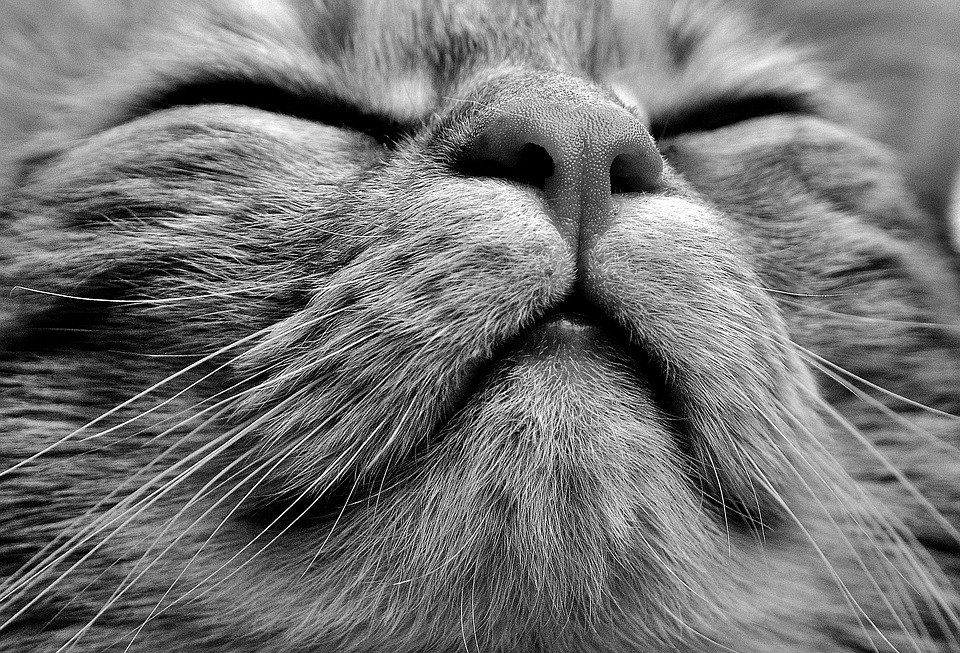Ear infections are a common health issue among cats that can cause discomfort and pain if left untreated. As a responsible cat owner, it is important to understand how to prevent and manage these infections to ensure your feline companion’s well-being. In this article, we will discuss effective strategies for preventing ear infections in cats, as well as provide helpful tips for managing them if they occur.
Prevention Tips
Prevention is key when it comes to ear infections in cats. By following these simple guidelines, you can significantly reduce the risk of your furry friend developing this unpleasant condition:
1. Regular Ear Cleaning: Cleaning your cat’s ears regularly can help remove dirt, debris, and excess wax that might contribute to the development of infections. Use a cat-specific ear cleaning solution and gently wipe the outer part of the ear using a cotton ball or soft cloth. Avoid inserting anything deep into the ear canal to prevent injury.
2. Keep the Ears Dry: Excessive moisture can create a favorable environment for the growth of bacteria and yeast, leading to ear infections. After bathing your cat or if they get wet, make sure to dry their ears thoroughly using a clean towel. If your cat frequently swims or has chronic moisture issues, consult your veterinarian for further advice.
3. Inspecting and Preventing Parasites: Regularly check your cat’s ears for signs of parasites such as fleas, ticks, or mites. These pesky critters can cause irritation and inflammation, increasing the chances of infection. Use appropriate preventative measures, such as flea and tick treatments, to keep parasites at bay.
4. Maintain a Healthy Diet: Proper nutrition is essential in maintaining a strong immune system for your cat. Ensure your feline friend is receiving a balanced diet with high-quality ingredients. Consult your veterinarian for recommendations on the best diet for your cat’s specific needs.
5. Avoid Exposure to Irritants: Some cats may be more prone to developing ear infections due to allergies or sensitivities to certain substances. Minimize your cat’s exposure to potential irritants such as cigarette smoke, dust, pollen, and cleaning chemicals.
Managing Ear Infections in Cats
Despite your best efforts, your cat may still develop an ear infection. If you suspect your feline friend is suffering from an ear infection, it is crucial to address it promptly. Here are some steps to help manage the condition:
1. Recognize the Symptoms: Common signs of an ear infection in cats include excessive scratching or rubbing of the ears, head shaking, redness or swelling in the ear canal, discharge with a foul odor, and sensitivity when touched. If you notice any of these symptoms, schedule a visit to the veterinarian for a proper diagnosis.
2. Consult a Veterinarian: A professional diagnosis is essential to determine the cause and severity of the infection. Your veterinarian will perform a thorough examination and may take swabs or samples for laboratory analysis. Based on the findings, they will recommend an appropriate treatment plan.
3. Follow the Treatment Plan: Treatment for ear infections typically involves cleaning the ears and administering medication prescribed by your veterinarian. It is crucial to follow the treatment plan diligently, including administering medication for the recommended duration, even if symptoms seem to improve earlier.
4. Monitor and Prevent Recurrence: After completing the treatment, monitor your cat’s ears for any signs of recurrence. Maintain regular ear cleanings and adhere to preventive measures to reduce the likelihood of future infections. If the infection reoccurs, consult your veterinarian for further evaluation and guidance.
Frequently Asked Questions (FAQs)
Q1: Are certain cat breeds more prone to ear infections?
A1: While any cat can develop an ear infection, certain breeds, such as Persian and Himalayan cats, may have a higher predisposition due to their unique ear anatomy.
Q2: Can I use human ear cleaning products on my cat?
A2: No, it is not recommended to use human ear cleaning products on cats. These products may contain ingredients that are harmful to cats’ delicate ears. Always use cat-specific ear cleaning solutions recommended by your veterinarian.
Q3: Can ear infections in cats be contagious to humans or other pets?
A3: Ear infections in cats are typically not contagious to humans or other pets. However, the underlying causes, such as parasites or allergies, could potentially affect other animals or humans. Consult your veterinarian for specific guidance.
Q4: Can I prevent ear infections in cats by trimming their ear hair?
A4: Trimming excessive hair around the ear area may help improve airflow and reduce the risk of infections. However, it is important to consult a professional groomer or your veterinarian for proper guidance on trimming your cat’s ear hair.
Remember, proper prevention and timely management are crucial in ensuring your cat’s ear health. By following these tips and seeking veterinary assistance when needed, you can keep your feline companion free from discomfort and ear infections.








